When conflict becomes violent, the effect on human wellbeing is disastrous. Negative outcome of armed conflict in Jammu and Kashmir is not confined to the collateral damage but has triggered collapse of social and cultural institutions. Employment of military as panacea has limited role in reducing the risk of conflict escalation since the genesis of conflict in Jammu and Kashmir is socio-political in nature. Causes of political violence and armed conflict get impetus when radicalisation of population takes place. Pakistan a master of disguised aggression has successfully initiated structural, cultural and direct violence; as a result it has managed to shrink space for dialogue and reconciliation between people and the government.
Where is collective political and social endeavour to prevent state slipping into anarchy? The contours of conflict in Jammu and Kashmir suggest that social institutions have abandoned ownership to maintain peace, public order and resist radicalisation. For long political leadership in Jammu and Kashmir has failed to manage relapse of violence and management of societal anger that manifested due to poor governance, lack of youth empowerment, absence of development and inadequate humanitarian assistance during disasters. State needs to reclaim the space by being accountable and responsible to the people.
Maintenance of security is precondition for initiating the process of stabilisation. Terrorism is not a conventional warfare and the target of terrorists is not only security forces or state institutions but it is also directed against the population to create fear factor through coercion. Under such turbulent environment, the role of the intelligence agencies and security forces is to anticipate to act before the terrorists can strike either physically or through cognitive domain. Terror outfits and proxies in Kashmir have managed to snap communication between the people and the government because public and private space has been encroached upon through coercion and artificially created disaffection against the state. Notwithstanding the threat of proxies of Pakistan to state and its population, the endeavour of the state and social institutions should be to create space for debate, dialogue and dissent. As a consequence there is an urgent need for the state and society to stake ownership to restore peace and stability.
How long political leadership can maintain distance from the people to initiate the process of dialogue and development? Delayed political response under the current circumstances is not only suicidal but will further marginalize social and constitutional institutions and is likely to cause irreparable damage that could leave society and state fractured. Political leadership should be seen as the representative of the people of Jammu and Kashmir and should endeavour to engage with the constituency that is favourably disposed towards restoration of peace. There will be resistance, threat and synthetic opposition, but in the larger interest of the state and people, political leadership should shun myopic outlook and step out to outmanoeuvre the separatists.
If the state institutions that govern its politics, security, justice and economic activities lack resilience, it creates space for proxies and internal actors to operate with impunity. Prevention of violence and prosecution of terrorists and separatists is as important as military operations to enforce peace. Ironically political leadership and administrative machinery has not done enough to bring internal actors to book and that has encouraged separatists to become bold and has led to subversion of state and its institutions. No state can survive if they allow separatists and radicals to manipulate the system. Today there is no deterrence of law to separatists and those who are involved in acts of terror (including funding, giving shelter and providing logistic support). If need be state must amend law and timelines need to be laid for delivery of justice in the cases involving sedition and war against the state.
There is a need to understand that behind every conflict there is poverty, deprivation (social, economic and cultural) and lack of economic opportunities. Therefore, centre and state governments need to work out simultaneously on security, peace, development and creation of economic opportunities in Jammu and Kashmir. Thousands of young men and woman came out to seek jobs in police and army in spite of the threats and coercion from the terrorists and separatists itself is a testimony that people want economic empowerment more than the disruption in daily lives.
The principles of fighting cyber and information war are that there are no rules and there are no ethics attached to it. The cyber war should never be fought on land with the guns. The cyber war should not be defensive but then before adopting offensive strategy there is a need to perfect defence and harden vulnerable targets. Advantage of cyber war is that by the time attacker is identified new attacks could be executed. Attacks should be rapid and relentless so that adversary is not given breathing time to stabilise. There is a need to innovate and improve technologically since it is not possible today to unplug or isolate the systems. Advantage of cyber and information war is that it can be executed by faceless, and amorphous organisations located even beyond the territorial boundaries of the country. The warriors need not be citizen or uniformed soldiers. Pakistan has encroached upon the cognitive space by unleashing relentless cyber and information war and India has left this battle space uncontested to a great extent. This has assumed greater significance today then even the military operations because terrorists can kill few but abject surrender of cognitive space to adversaries cause loss of societal, cultural and public space. If people turn against state then the war is as good as lost.
National media must exercise caution and not paint every individual in Kashmir as a separatist even all stone-pelters are not anti-India. There is anger and helplessness and if it is not managed in time it can get converted into hatred. Edward Luttwak said insurgents do not always win, but their defeats can rarely be attributed to counter-insurgency warfare. Thus it is important to invest to secure cognitive domain because solution to Kashmir problem will come out from this arena and not through application of force or rigid stance. Neither appeasement is an answer nor is isolation the answer. Focus should be to address cultural and psychological terrorism, physical terror can be handled any day if cognitive domain in Kashmir is secured. But if the cognitive domain is allowed to go astray no weapon can restore the trust and loyalty of people of Kashmir.
(Brig Narender Kumar is a Senior Fellow at the Centre for Land Warfare Studies, CLAWS, New Delhi)
Image Source: http://time.com/4423531/kashmir-india-conflict-srinagar/

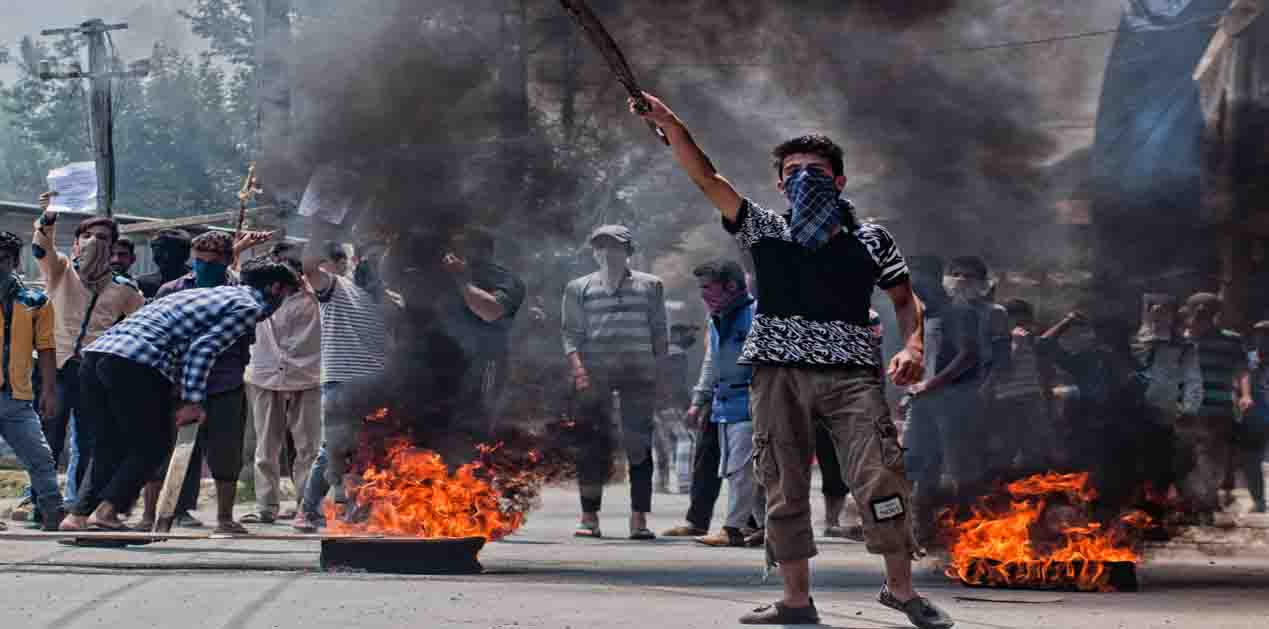


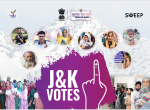

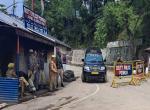
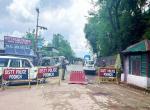

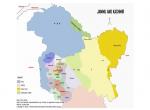

Post new comment